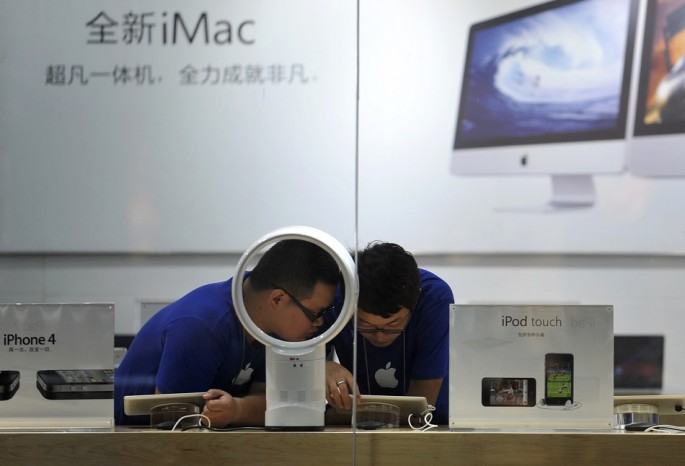China's State Council unveiled new measures to ensure the quality of Chinese products sold overseas, which are also under scrutiny for violation of intellectual property rights.
Chinese brands are also flagged for food safety problems.
The move is part of a nationwide drive to crack down on violations of intellectual property rights and to target producers of counterfeit goods.
A three-year plan will address key products exported to Africa, Arab nations, Latin America and to those along the China-proposed Silk Road Economic Belt and 21st Century Maritime Silk Road.
China seeks to improve cross-border law enforcement, including monitoring, evidence collection and judicial assistance.
Chai Yu, an expert on Latin American economic studies at the Chinese Academy of Social Sciences, said that China is aiming to prevent companies from engaging in competition through continued lowering of prices and quality in the global market.
The Latin American market is a huge target for Chinese products, and it is necessary to safeguard quality to boost the reputation of Chinese brands in the region and the country's image abroad, according to Chai.
Huang Wei, a researcher at the academy's Institute of World Economics and Politics, said that the new measures will encourage Chinese enterprises to upgrade business and to guarantee product quality.
China became the world's largest exporter of goods in 2009, and surpassed the U.S. in 2013 to become the world's largest trading nation.
Chinese products, including those from Lenovo and Huawei, are popular overseas, especially in developing countries.
The State Council also called for increased efforts to help Chinese companies in investing and operating overseas and in expanding product marketing.



























